Hello everyone! It’s Kyle again.
I hope you all made it out of winter without getting sick. Throughout my six years of living in Japan, I have been to the doctor many times. I’ve gone for everything ranging from asthma to a pinched nerve in my back to influenza. There are certainly some differences I have seen; some of them have to do with the doctors themselves and other differences that have to do with what I was given to be treated. Here are some of my experiences.
First Time Nerves 異国で病院へ行くときの心得
Prior to going to the doctor for the first time, I was really nervous because I wanted to be able to clearly and accurately describe how I felt in Japanese so I could get exactly what I needed to feel better.
This is something I definitely took for granted in the US: being able to just walk in to a doctor’s office and not worry about communicating my symptoms.
So right off the bat, it was a different experience going to the doctor in Japan because I really needed to be prepared to talk to the doctor. It actually ended up being a good chance to study Japanese for something that wouldn’t come up in my regular studies.
As it turns out, I didn’t even need to say anything because judging from the way I looked they gave me a test for the flu right away and it was positive, so it all worked out in the end! All in all, I realized it was a good way to study specialized language for something that was very useful.
The Placebo Effect 薬の処方法の違いがある!?
Another difference I found is with the medicine I was given.
When I hurt my back playing soccer, I was in constant pain and couldn’t even sit up. I had to be helped into the car and I was put in a wheelchair once I got to the doctor.
After I was seen by the doctor, the medicine I was given felt like it wasn’t doing anything. I decided to look up what the doctor gave me for my injury, and it turns out it was nearly identical to medicine you can get at any pharmacy in the US right off the shelf without a prescription. I was a little bothered by this because it was certainly not strong enough for me and it would never be medicine that a doctor would give me in the US.
I’m still puzzled by this and I find myself constantly asking “Why is Japanese medicine so weak?”.
Ever since then I found that, any time I’ve been given medicine or bought medicine at a pharmacy it is considerably weaker than the American equivalent. Is American medicine too strong or is Japanese medicine too weak? That’s a question I still haven’t found an answer to.
I Had What?! 肺炎に気づかなかった!?
My last experience with Japanese doctors is certainly my least pleasant.
For some reason, whenever I catch a cold it always ends up in a pretty bad cough, and I go to the same doctor for medicine. In 2018, I ran the Nagoya Half Marathon and it was especially difficult for me because I couldn’t stop coughing and had trouble breathing. A few days after the race I go to the doctor like usual and get medicine.
Fast forward a year later when I go for the same thing, but this time, the doctor compares x-rays from this year to last year and says, “Wow, you were really sick last year. Actually, you had pneumonia”, and then whispers to the nurse to change it in my file. I was so shocked that such a severe sickness could be overlooked by a doctor.
Luckily I recovered, but I remember it taking a lot longer than I felt it should, which would probably be due to getting weak and improper medicine for what I actually was sick with. I know that bad doctors are all over the world, but I wonder if this event stemmed from the doctor wanting to rush me out the door and just move on to the next patient. In America, the doctors I have seen always take time and listen to my symptoms and make sure to diagnose me properly. Needless to say, I will never go back to that doctor again.
All in all, these experiences brought to light the differences in medical culture between America and Japan. Also, it made me realize how I could turn a not-so-good situation, which is feeling sick or hurt, and getting a positive out of it by learning some new words and phrases that are necessary to explain how I feel.
Have any of you been to the doctor in a foreign country?
What was your experience like?
What differences did you notice?
Did you try and study some medical terms to make sure you would get the proper care you needed? Let me know!


英語講師として日本だけでなくアメリカでも活躍されたKyle先生。日本人に英語を教えた経験が豊富であることから、日本人が間違いやすいポイントをしっかりと理解されています。日本語検定試験N2も持っており、日本語も堪能。また、「なぜ元の表現が間違っているのか?」という理由をきめ細やかに説明できる講師です。
座右の銘は「You only fail if you fail to try.」
※このブログでは英語学習に役立つ情報アドバイスを提供していますが、本ブログで提供された情報及びアドバイスによって起きた問題に関しては一切、当方やライターに責任や義務は発生しません。
※ここでの情報や助言を参考に英文を書いたり下した判断は、すべて読者の責任において行ってください。ここに掲載されている記事内の主張等は、個人の見解であり当社の意見を代弁・代表するものではありません。
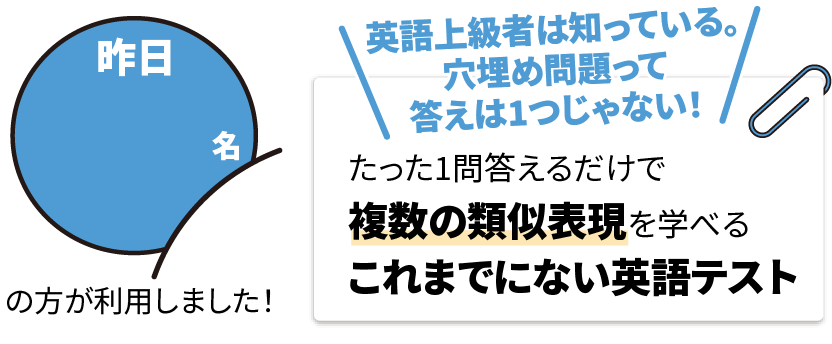


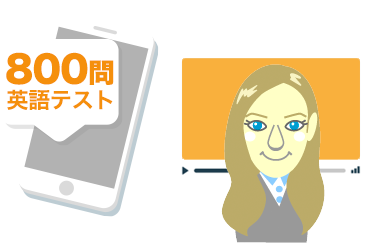

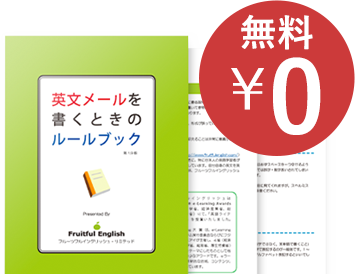
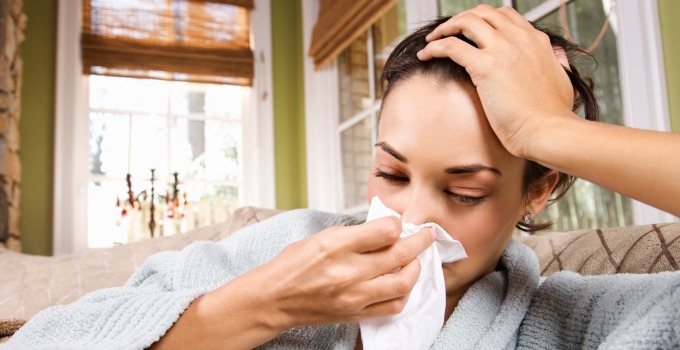
 (10 イイネ!が押されています)
(10 イイネ!が押されています)
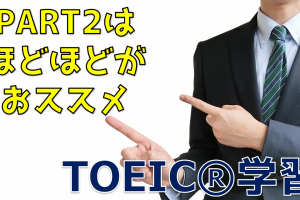










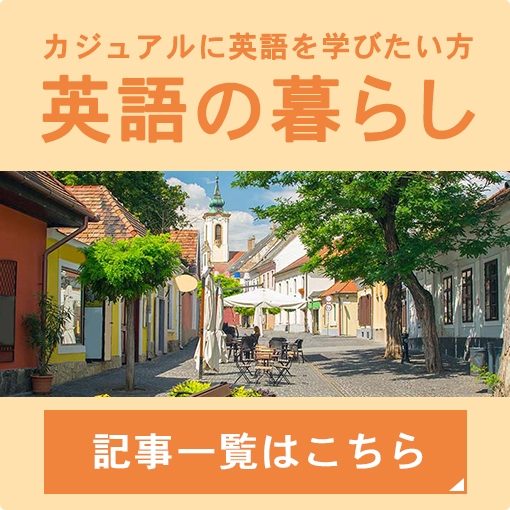

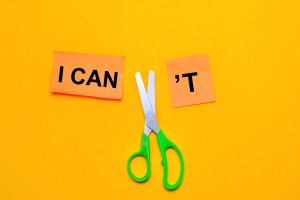


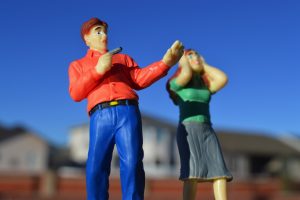

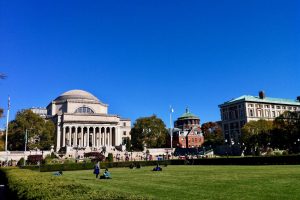
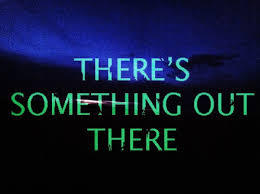








コメントする